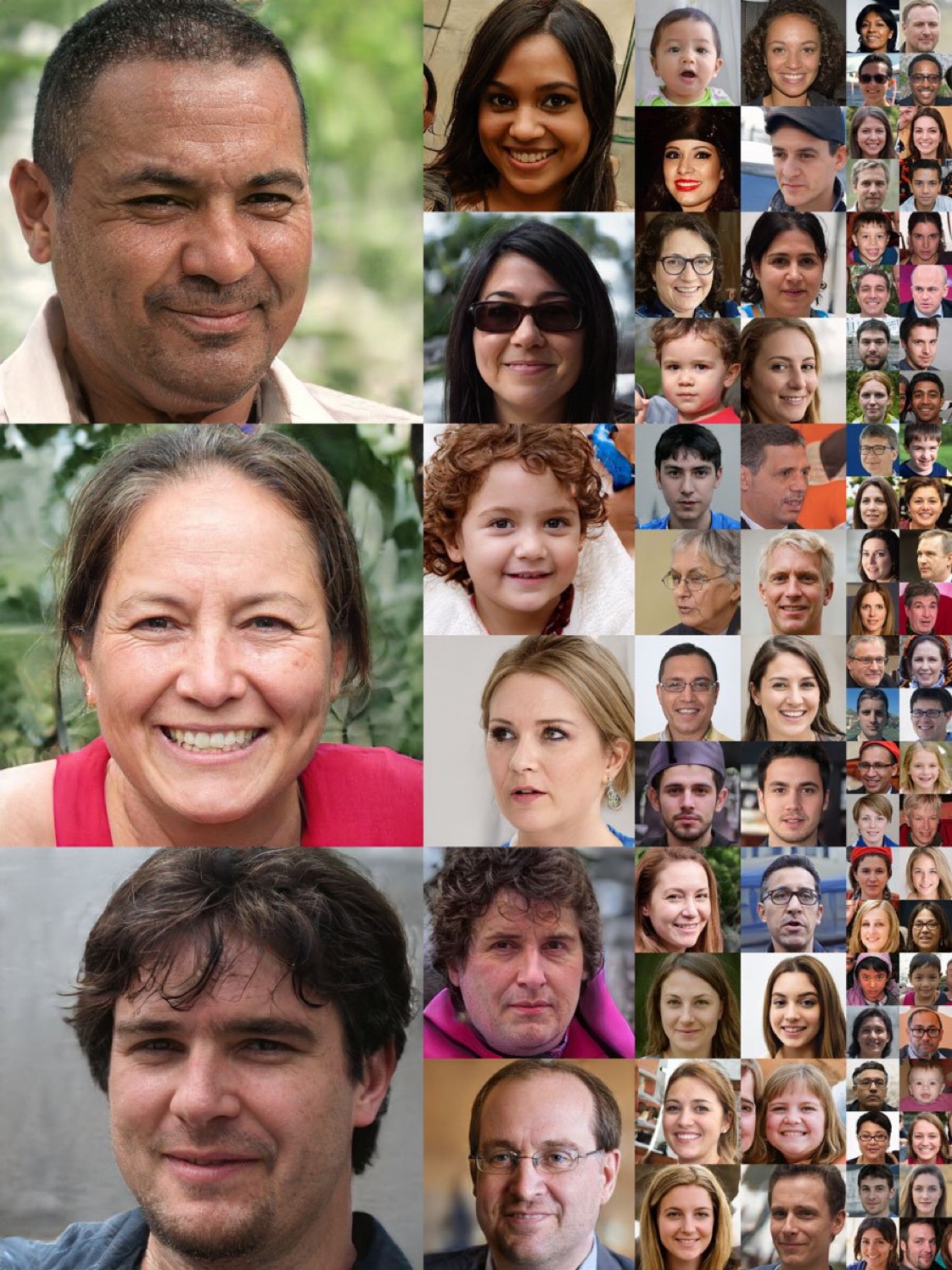I read a great series of articles by an ex-BitTorrent Inc guy Simon Morris on decentralisation today. You can check them out here: Part 1, Part 2, Part 3, Part 4.
They’re interesting for a number of reasons but I’d urge you to read them if like me, you’re working in any way with decentralised technology. Even if that just means you’re holding cryptocurrency.
Obviously the fairly recent news about the acquisition of BitTorrent Inc by Tron and the new token white paper (BTT) that they’ve released is useful background here. But given his involvement for a decade with BitTorrent (which, as he says, as the perhaps the most broadly decentralised technology yet, you should be reading it if your view is that decentralisation is a major feature, and not a bug, of a global technology system.
He argues that the most interesting use cases for decentralisation – and perhaps the only ones that will ultimately work – are those that break the rules. Now, those could be laws, they could simply be outdated regulations overdue for an update or perhaps they are simply strong societal norms. But being censorship-resistant (with no centralised organisation or technology to be attacked) is clearly crucial here. As he puts it:-
“If you’re not breaking rules, you’re doing it wrong!”
Interestingly, it’s a point that you heard often in the earlier Bitcoin days but the message has been watered down as vast amounts of VC and early institutional money started to enter the scene. Put simply, the killer use cases are payment on dark markets and ICO’s (where vast sums of money could be raised without having to follow the restrictive capital-raising procedures of many nation states). In other words, areas where this new technology enabled new things to happen that were impossible before.
Of course, foundation-shaking, risk-taking, rule-breaking is part of the DNA of true innovation and necessary if you’re planning on shifting those paradigms. So it’s unsurprising. But he also points out, that’s a tightrope for those in the industry: perhaps coming out and saying you’re looking to break the law isn’t the sort of messaging that’s going to give you (the organisation – as opposed to the platform that you’re working on) the best chances of success in any event. It worked out for Bitcoin – even if much of the second half of the last ten years has seen many obsess over a fascination with discovering the true identity of Satoshi Nakamoto.
Ultimately, decentralisation is hard – like, ridiculously hard. People misunderstand precisely what level of difficulty is involved to deliver. We’re talking way past boss-level here. So (to put words into his mouth), those who’re shouting loudest for results from these projects in a timescale of a few months are probably doing little beyond highlighting how poor their own understanding is of the technology and challenges that are involved.
So at the end of the day, why do you really want to seek decentralisation for your project? If censorship-resistance is the reason (or at least the overwhelmingly important part of it) then it makes sense: take on the increased costs and the massive increase in complexity when it comes to governance.
Governance is a hot topic of course. Ridiculous sums of money have been thrown at attempts to solve the issue and plenty of conference debates have been held on the subject. But as he points out, you can’t have it both ways: any platform that is censorship-resistant will have no obvious controlling element (which would then be a weakness that others could attack). So is it any surprise being able to control and roll out agreed updates and decisions is hard.
I always liken blockchain upgrades to human evolution: like standing on the sidelines as you grab some poor guy by the shoulders and scream in his ear that he should have grown a third arm by now, or be ten feet tall already. Evolution takes time. With decentralised technology, the strength of the network comes precisely from the fact that no-one can be prevented from joining. So expecting a massively disparate group of individuals around the world who have freely chosen to run software to agree quickly and efficiently on the direction a community should take, despite the fact that each has his or her own unique incentives and contexts to consider is simply unrealistic.
Overall, it’s a great selection of articles and well worth reading. Food for thought, for sure.



